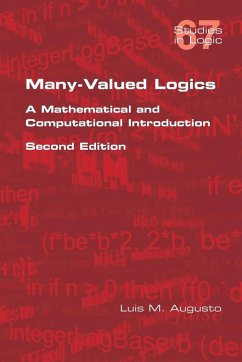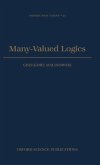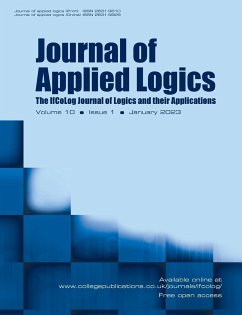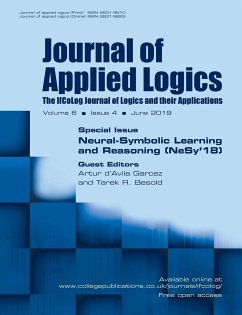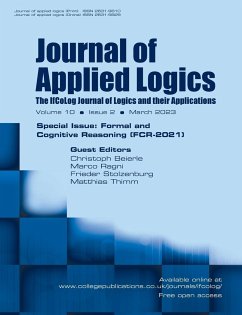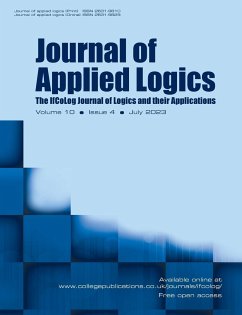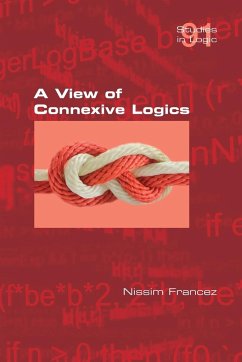Many-valued logics are those logics that have more than the two classical truth values, to wit, true and false; in fact, they can have from three to infinitely many truth values. This property, together with truth-functionality, provides a powerful formalism to reason in settings where classical logic-as well as other non-classical logics-is of no avail. Indeed, originally motivated by philosophical concerns, these logics soon proved relevant for a plethora of applications ranging from switching theory to cognitive modeling, and they are today in more demand than ever, due to the realization that inconsistency and vagueness in knowledge bases and information processes are not only inevitable and acceptable, but also perhaps welcome. The main modern applications of (any) logic are to be found in the digital computer, and we thus require the practical knowledge how to computerize-which also means automate-decisions (i.e. reasoning) in many-valued logics. This, in turn, requires a mathematical foundation for these logics. This book provides both this mathematical foundation and this practical knowledge in a rigorous, yet accessible, text, while at the same time situating these logics in the context of the satisfiability problem(s) and automated deduction. The main text is complemented with a large selection of exercises, a plus for the reader wishing not only to learn about, but also to do something with, many-valued logics. The present second edition improves on the first by corrected addenda and errata, a more uniform notation, added key concepts, such as "fuzzy set" and "free for," better figures, and a completely redesigned, more comprehensive Index.
Hinweis: Dieser Artikel kann nur an eine deutsche Lieferadresse ausgeliefert werden.
Hinweis: Dieser Artikel kann nur an eine deutsche Lieferadresse ausgeliefert werden.

